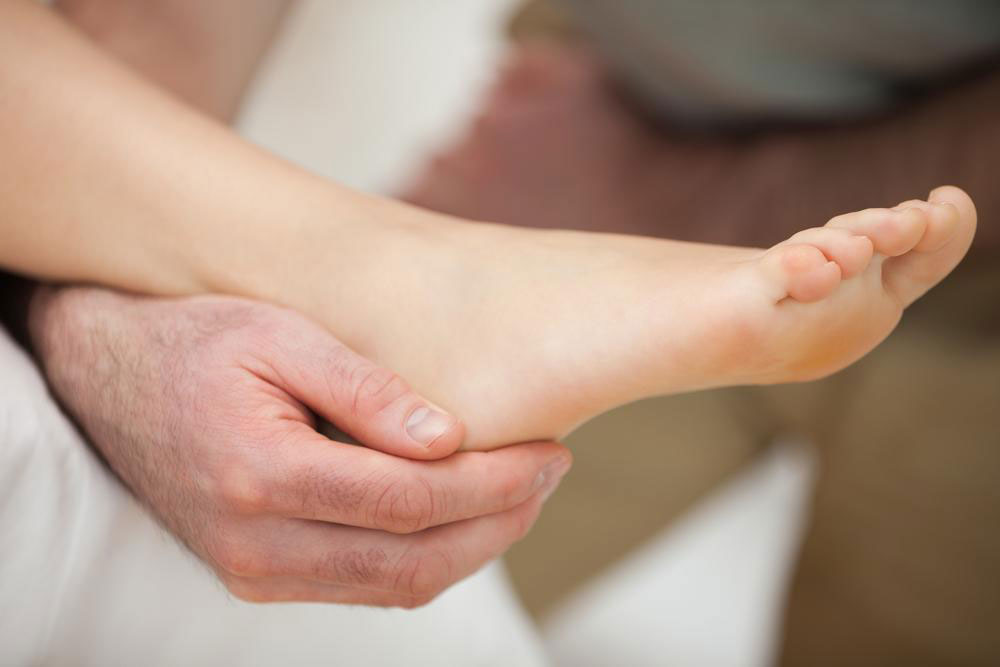Here’s what you must know about Neuromuscular disorders

Neuromuscular disorders are known to adversely affect the nerves responsible for controlling the voluntary nerves and muscles. These have serious implications on the nerves that carry sensory information back to the brain. The neurons are required to send and receive electrical signals to enable voluntary muscles. Once the nerve cells become weak, unhealthy, or die, the message between the muscles and the nervous system gets disrupted and the connection breaks down.
Most neuromuscular disorders lead to muscle fatigue and weakness that may worsen over time. In its infancy, a neuromuscular disorder may have fewer symptoms that may first affect children; however, actual symptoms typically depend on the type of neuromuscular disorder and the area the condition affects. Some of the recurrent symptoms that may be common to all types of neuromuscular disorder include muscle loss, balancing problem, breathing trouble, droopy eyelids, numbness, tingling sensations, and more.
It is believed that neuromuscular diseases are mainly caused because of autoimmune disorders, hereditary problems, and some forms of collagen condition. Other causes may include direct exposure to poisoning and environmental pollutants. Many people may develop a type of neuromuscular disorder due to the failure of electrical insulation and deficiencies like vitamin B 12 and the like. Most of these conditions are generally a cause of genetic mutation or due to genetic abnormalities that run in the family.
Before delving into the treatments of neuromuscular disorders, it is essential to know some of the prominent types of neuromuscular disorder. These include Amyotrophic lateral sclerosis (ALS); Charcot-Marie-Tooth disease; Muscular dystrophy; Spinal muscular atrophy; Myositis, including polymyositis and dermatomyositis; Peripheral neuropathy; Multiple sclerosis; Myasthenia gravis; and Myopathy. The type of neuromuscular disease one has can be determined by physical examination and medical and family history. The diagnosis of a neuromuscular condition is possible by monitoring a patient’s motor reflexes, muscle strengths, and nerve coordination along with scrutinizing the persistent symptoms. Other potential diagnostic tests generally include blood tests to check to see elevated levels of enzymes, a spinal cord, brain MRI, cerebrospinal fluid check-up, and muscle biopsies among others.
When it comes to the treatment of neuromuscular disorders, most experts focus towards managing the symptoms, delaying progression, and enhancing the overall quality of life.

